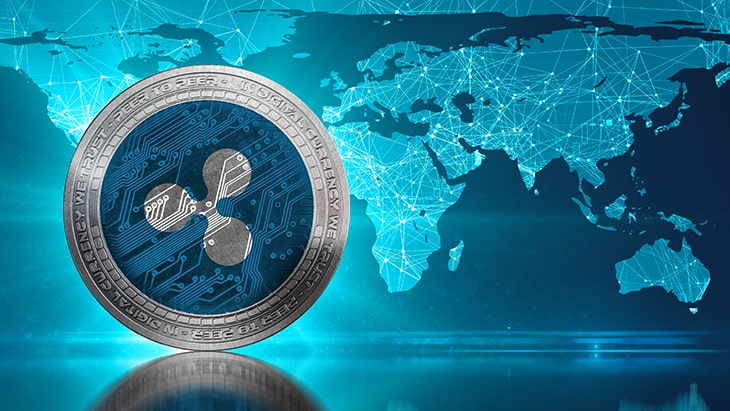Geležinio vilko g. 18A, Vilnius, LT-08104, Lithuania

In 2018 it seems like we are moving rapidly towards discovering the infinite possibilities of technological potential. Strangely enough, while drones can deliver packages and cars can drive themselves, we are still struggling with receiving the salary if the employer is in another country. At the Crypto Finance Conference, the co-founder of Ripple, Chris Larsen, stated that cross-border payments are still performed in a 1970s fashion, which us true if we consider that some still put cash in FedEx envelopes.
The payments dilemma
Ripple’s Chief Market Strategist, Cory Johnson, reflected on Larsen’s sentiments when talking about the global payments dilemma at Cryptonite World. It takes 3 to 5 days for financial institutions to process a SWIFT payment at 500 basis points. For the Middle East, the number of basis points goes up to 900 in addition to the relatively high error rate. Besides, money is lost in the pre-funded payments. The basic calculations suggest that the relationship between profits and costs makes doing business globally not worth the deal. The warning is that if the USA does not revise the legislative framework and give more air to blockchain companies for conducting commerce, there is a risk that businessmen will shift towards other jurisdictions, such as Singapore, Switzerland or Malta.
Global payments easier with the blockchain’s app
Ripple is a software company with a large number of employees and offices and high speed of growth. They have succeeded in creating a cross-border money movements network – RippleNet. Besides, Ripple has over 100 financial institutions as customers. Chris Larsen has emphasized the importance of interoperability, smart contracts and an open source blockchain for a revolution in the world of payments. The system must be decentralized, permission-less, reliable and secure in order to be trusted and used my millions of customers globally. RippleNet is built on the XRP ledger that enables fast on-demand real-time payments with incredibly low cost and no settlement risk.
Talking about the role of crypto-currency in all that, some of Ripple’s software greatly relies on the trade of XRP on the 30 existing exchanges that support it, and Ripple pushes a lot for the liquidity on this market as well. What is most important is that if RippleNet would suddenly disappear tomorrow, XRP would continue to exist.
Ripple has been moving quite successfully towards the goal of revolutionizing global payments and the future of it promises to be even more exciting.